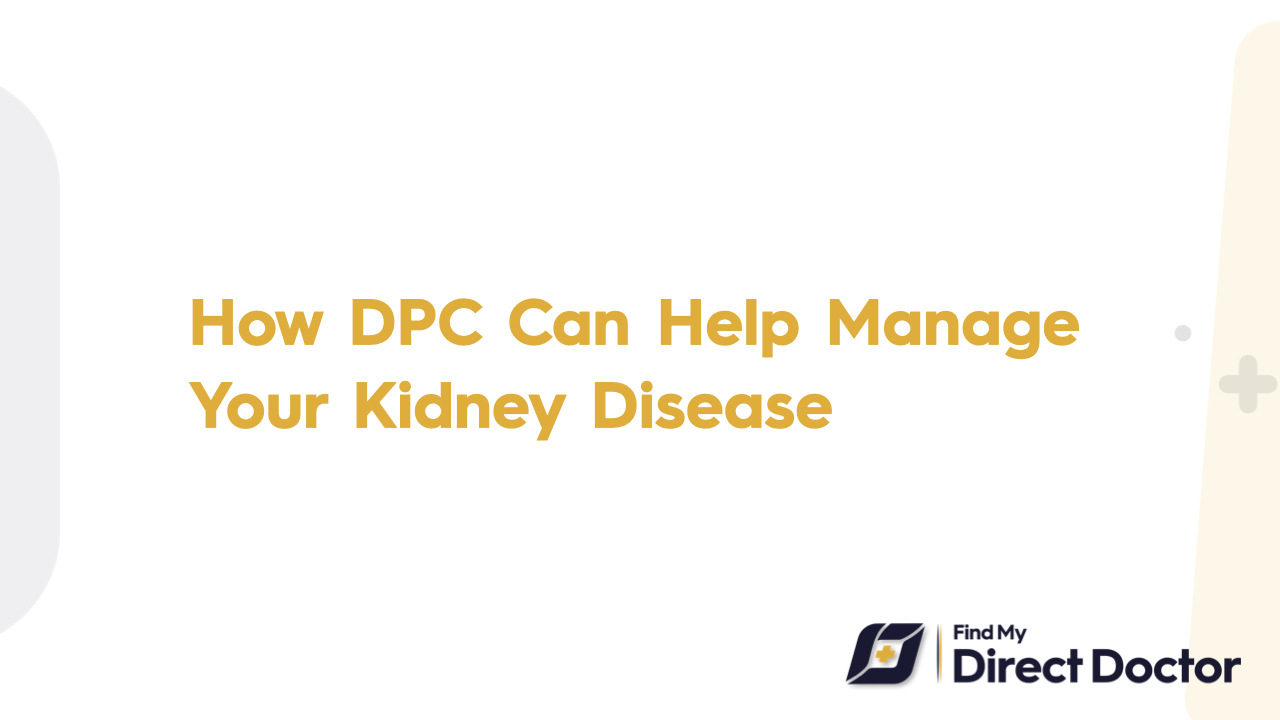



Any ailment that affects the kidneys' ability to function is referred to as renal illness or kidney disease. In addition to releasing hormones that control blood pressure and red blood cell synthesis, the kidneys are in charge of filtering waste materials from the blood and maintaining fluid and electrolyte balance. From mild kidney illness, in which the kidneys continue to function rather well, to end-stage kidney failure, in which dialysis or a kidney transplant are required to restore function, kidney disease can take many different forms. A progressive kind of kidney disease, chronic kidney disease (CKD) is frequently brought on by diabetes, hypertension, or other illnesses that gradually harm the kidneys.

The symptoms of kidney disease are frequently mild and may not be apparent in the early stages. People may develop symptoms like weariness, trouble urinating, swelling in the ankles, feet, or legs, and changes in the appearance of urine, such as blood or froth, as the illness worsens. High blood pressure, dyspnea, nausea, appetite loss, and chronic itching are other symptoms. Untreated kidney disease can result in renal failure, which necessitates dialysis or a kidney transplant to maintain survival.
Kidney illness can be managed more easily and individually with Direct Primary Care (DPC). Patients can see their healthcare provider directly under a DPC model, free from the limitations of conventional insurance-based appointments. This makes it possible for more frequent check-ins and continuous kidney function monitoring, both of which are essential for identifying any changes in health status early on. In order to stop additional harm, DPC providers can monitor blood pressure, glucose levels, and other important indicators that affect kidney health.
Patients benefit from a thorough and proactive approach to their kidney illness when they use DPC. In a DPC approach, primary care physicians can collaborate closely with specialists, including nephrologists, to guarantee that patients receive care that is coordinated. They are able to help patients comprehend their illness, monitor for problems, and manage medications. Additionally, DPC providers can provide lifestyle counseling, which includes stress management, exercise recommendations, and nutritional guidance. These factors all significantly decrease the progression of kidney disease.
For patients with renal illness, continuity of care and convenient access to their healthcare provider are two of Direct Primary Care's key advantages. DPC enables more in-depth and continuous dialogues between the patient and the clinician, in contrast to traditional models that can entail lengthy wait times and quick visits. This degree of care is particularly crucial for the management of long-term illnesses like renal disease, where prompt medication modifications and routine monitoring are required to avoid more complications.
The DPC approach also lessens the strain and anxiety that come with navigating the healthcare system. Long wait times for visits or insurance paperwork are not concerns for patients. They may find it simpler to follow their medication regimens, go to routine checkups, and ask for help when symptoms appear as a result. Patients feel more supported and involved in their care when they have a close relationship with their DPC provider, which improves communication and results in better health outcomes.
The core of Direct Primary Care is the care of renal disease in a personalized manner. In DPC, healthcare professionals spend time getting to know each patient's unique condition, medical background, and lifestyle choices. Treatment programs that are specifically designed to meet each patient's needs are made possible by this individualized approach. A DPC physician can tailor a patient's care plan to assist delay the course of kidney disease, regardless of whether the patient is managing diabetes, hypertension, or other kidney-related diseases.
DPC's individualized approach also includes tracking and modifying treatment in response to a patient's evolving condition. Regular check-ups and lab testing are crucial for identifying any decline in kidney function because kidney disease can develop gradually. These tests are more easily accessible to patients in DPC, and real-time modifications can be made by doctors. In order to ensure that every facet of their care promotes improved kidney health and general well-being, DPC providers also teach patients the value of managing their general health, including their eating, exercise, and medication adherence.
Previous Post